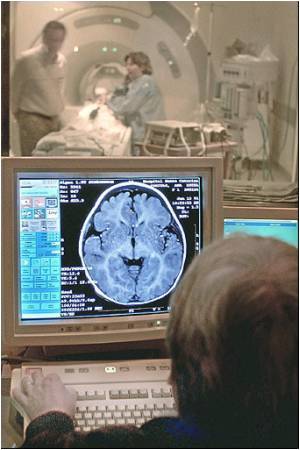A new, long-term study suggests that cholesterol level in mid-life may not be linked to later development of Alzheimer's disease.

"While some studies suggest that cholesterol is a risk factor for dementia, others have not replicated this finding, so the possible association has been under debate," said study author Michelle M. Mielke, PhD, with Johns Hopkins University School of Medicine in Baltimore.
For the study, 1,462 dementia-free Swedish women between the ages of 38 and 60 were followed for 32 years. As part of the study, the women were given a physical exam, heart tests, chest x-rays and blood tests. The group was also surveyed for smoking habits, alcohol and medication use, education and medical history. Throughout the study, body mass index (BMI), a measurement of weight-per-height, and blood pressure were taken. At four points, the women were tested for dementia.
After 32 years, 161 women had developed dementia.
The study found that cholesterol measured in middle or old age showed no link to dementia, which is contrary to some earlier studies. However, the study also found that the women whose cholesterol levels decreased the most from middle to older age were more than twice as likely to develop dementia as those whose cholesterol levels increased or stayed the same. The risk increased from 8.9 percent for those who maintained or had increased cholesterol over the course of the study to 17.5 percent for people with the greatest decline in cholesterol.
Mielke said that decreased cholesterol levels greater than what is expected in old age might be a more accurate indicator of dementia risk then cholesterol levels in middle age. In addition, despite the finding that cholesterol did not influence dementia risk, Mielke recommends that people still follow heart healthy guidelines. "Cholesterol should still be monitored and treated through diet, exercise and medication for cardiovascular and overall health."
Advertisement














